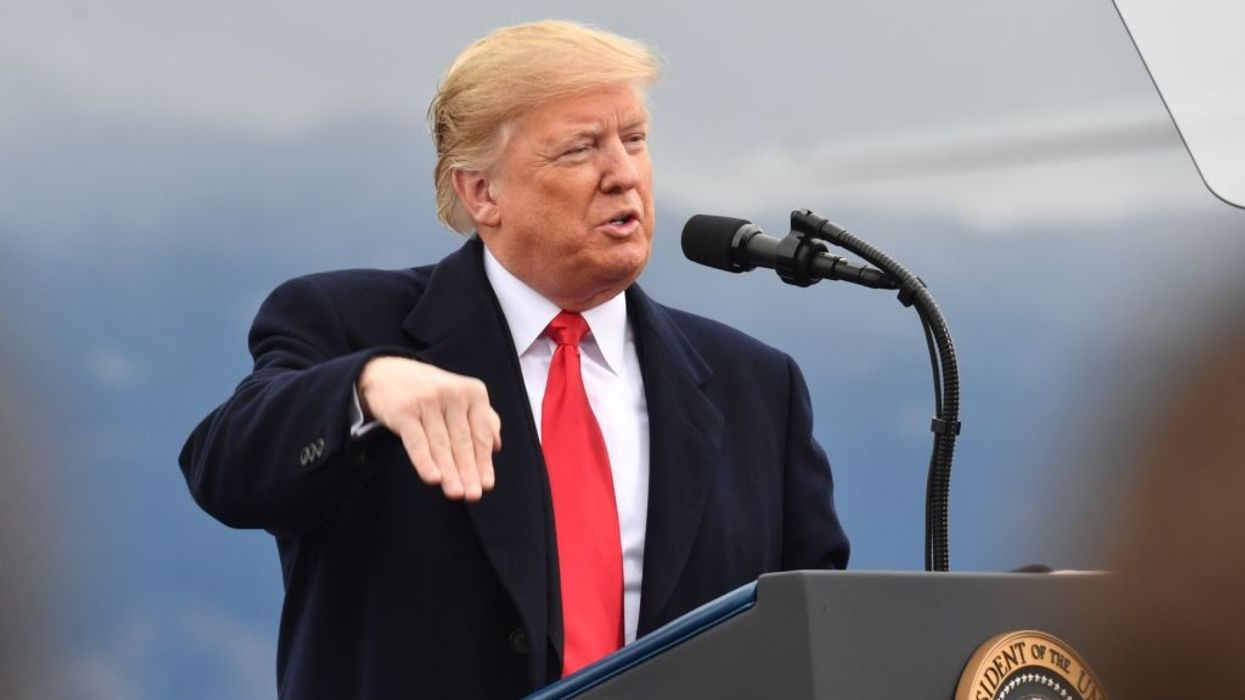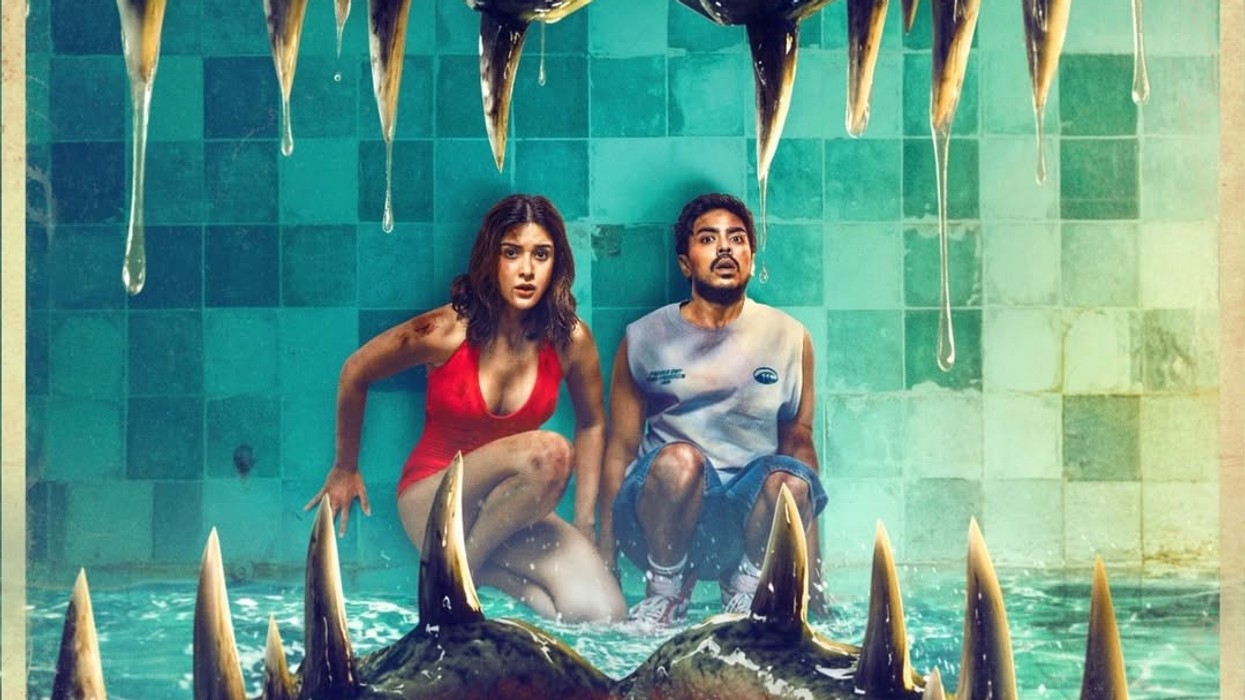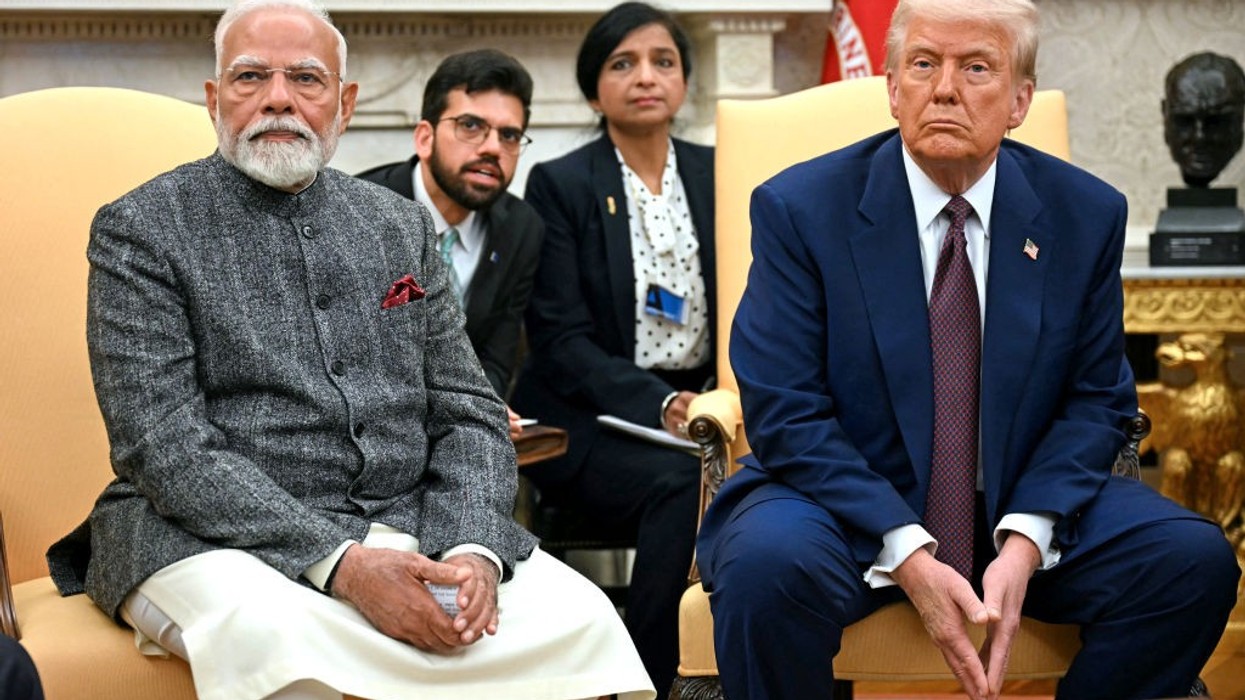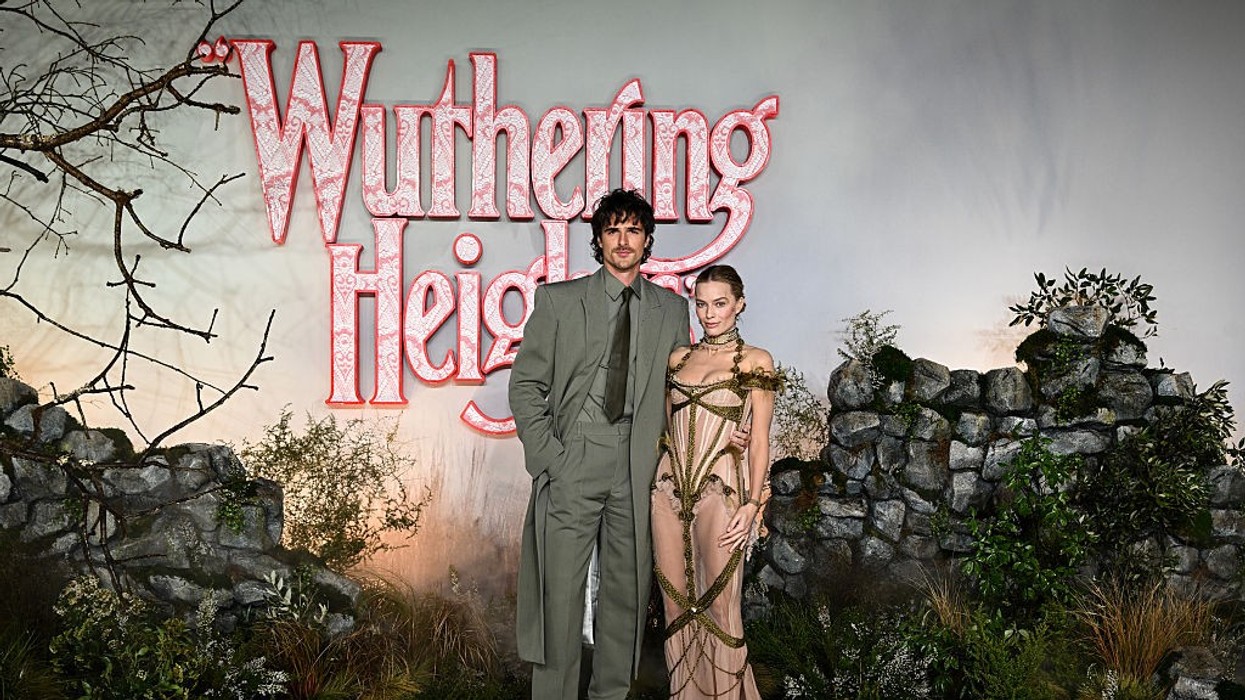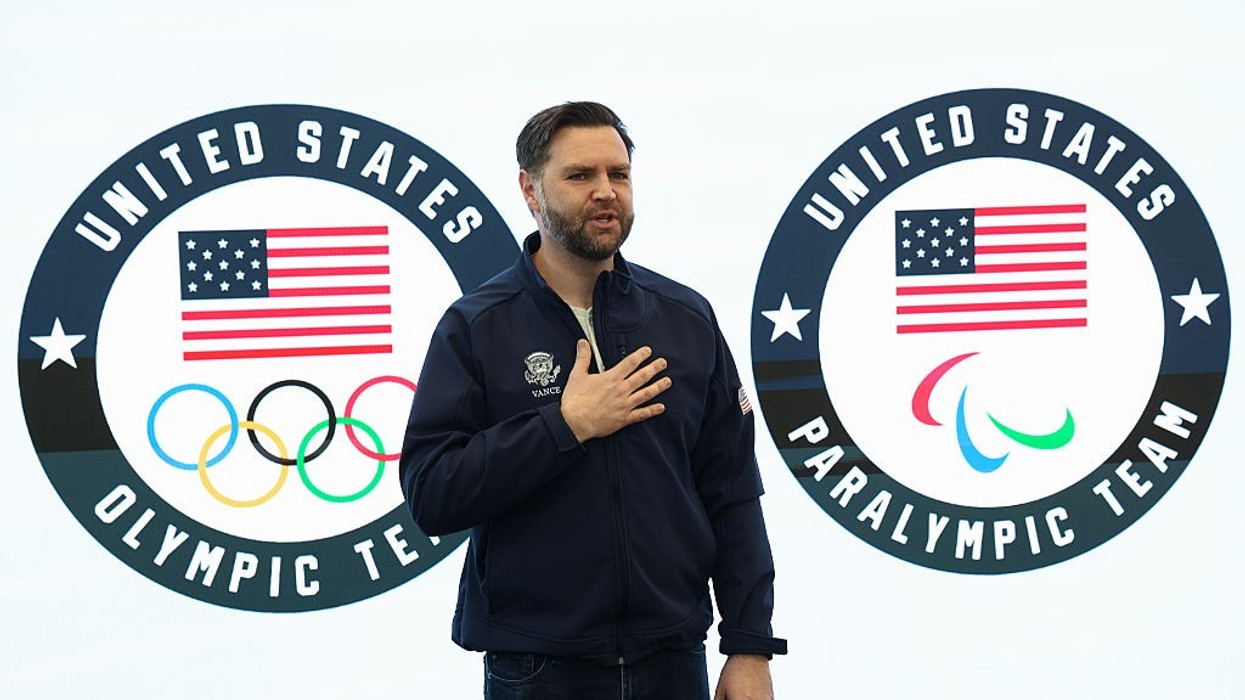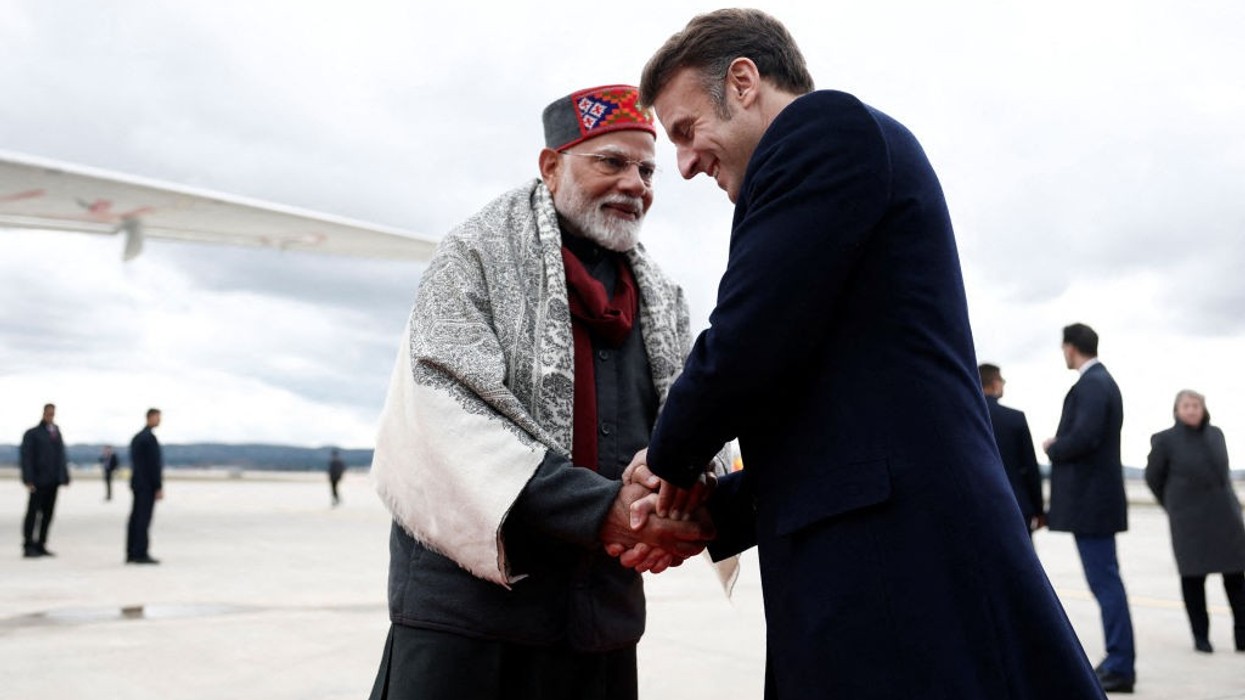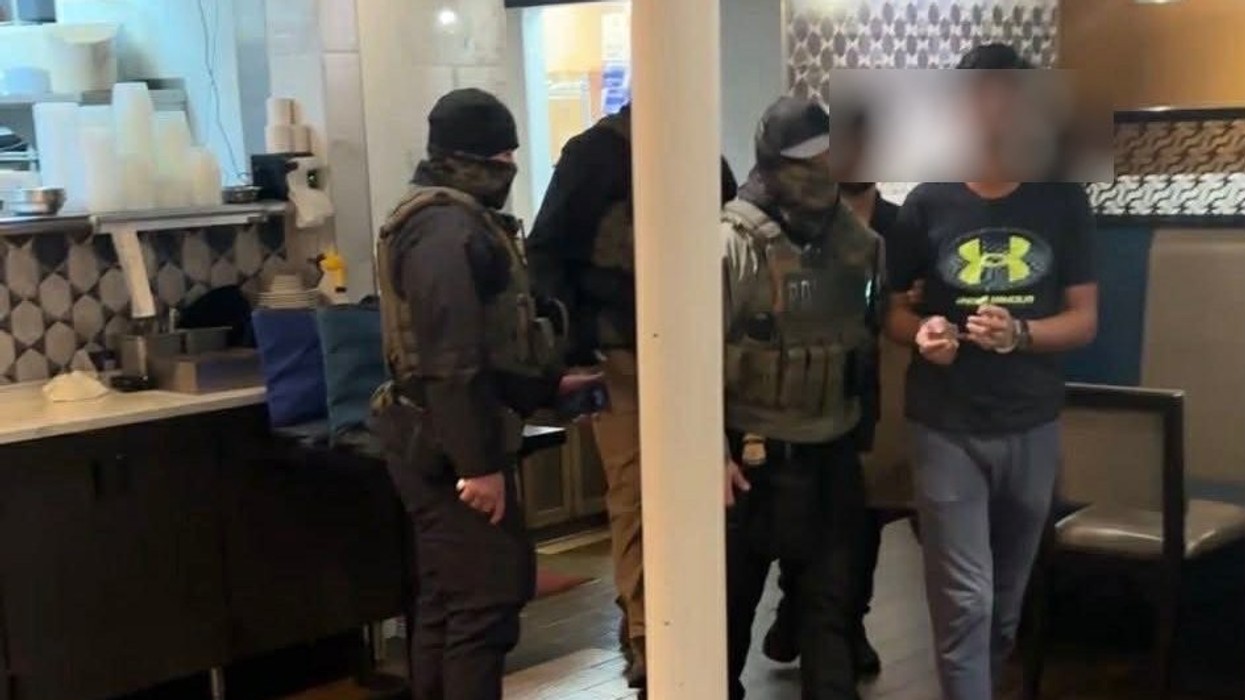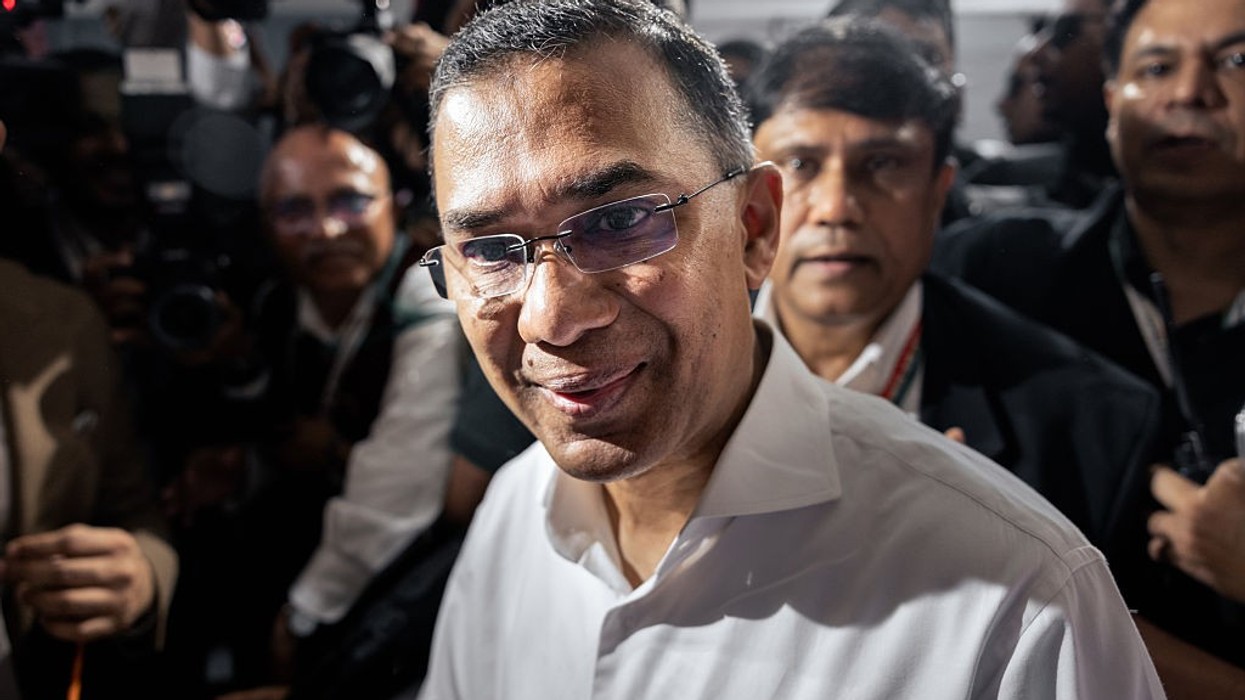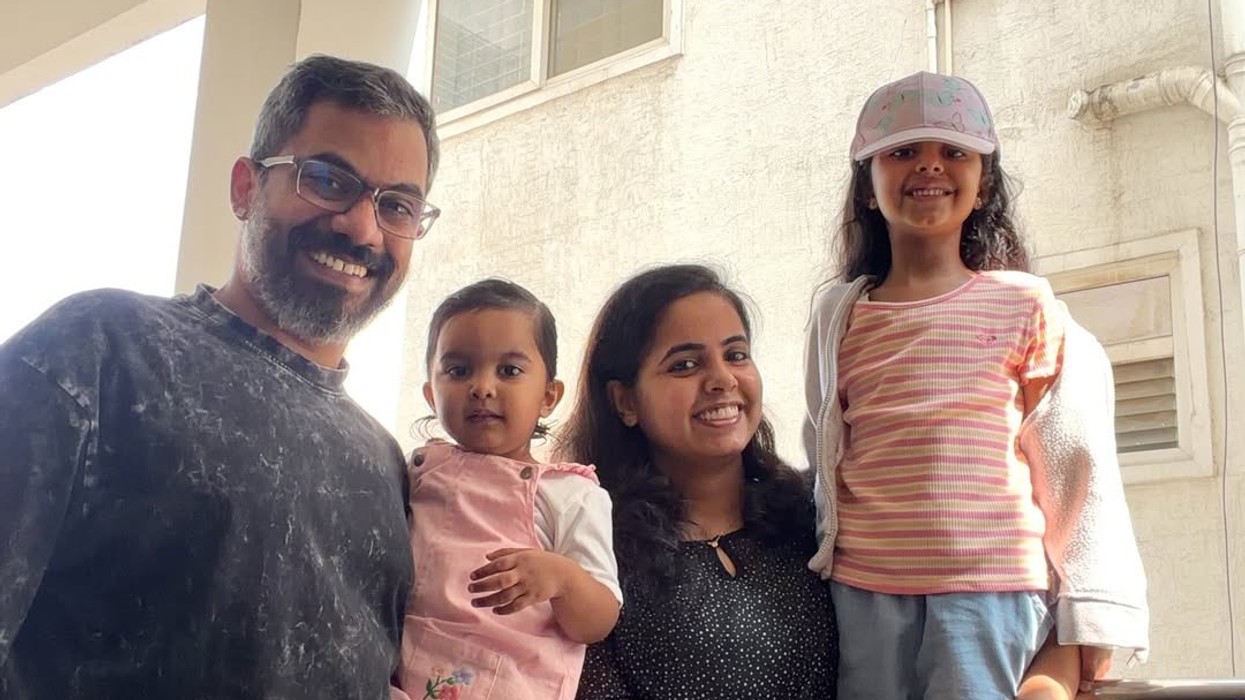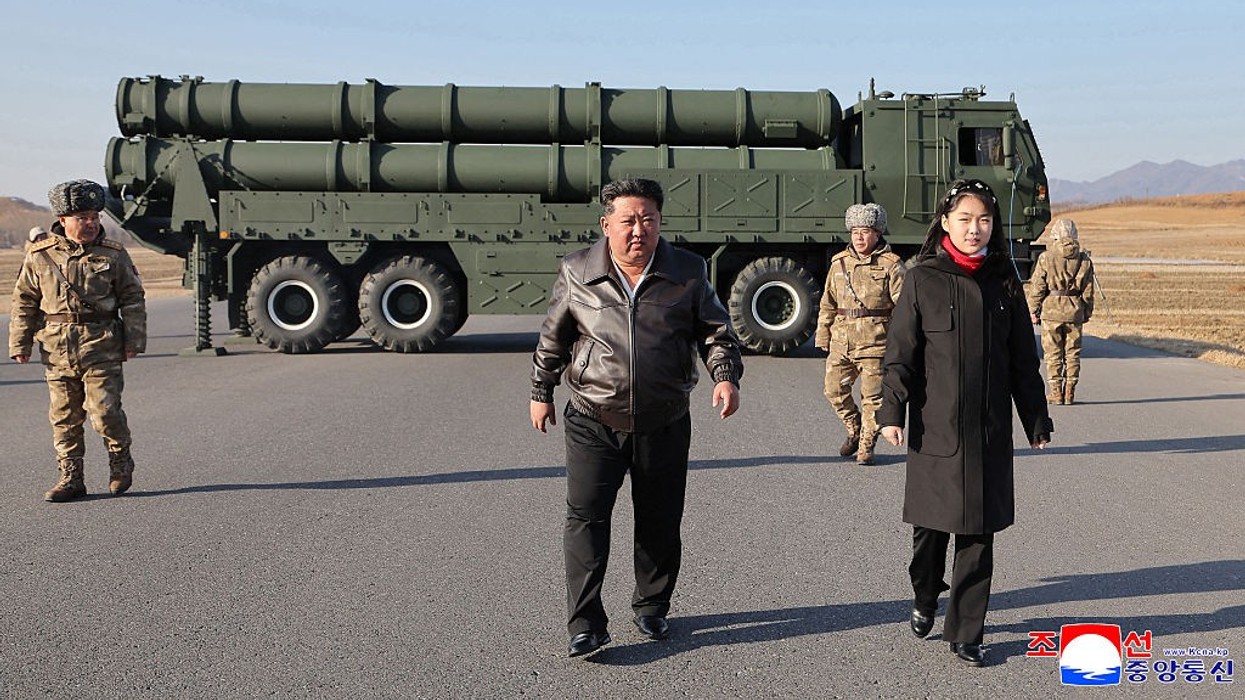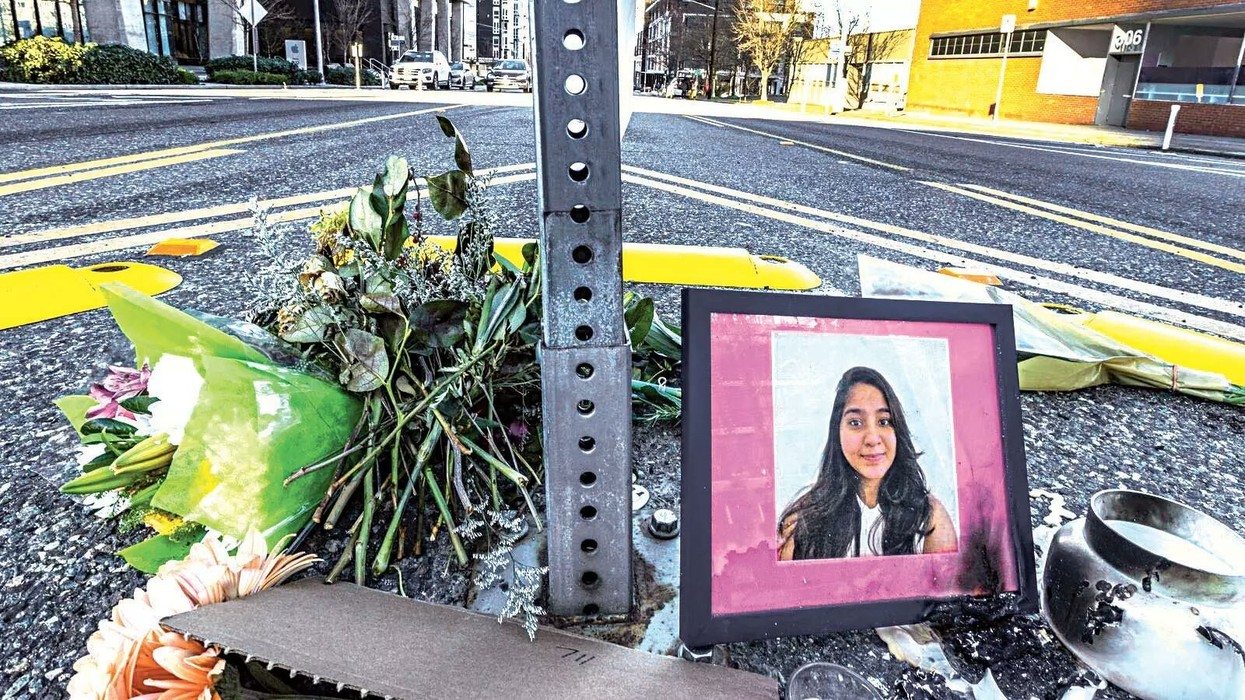President Donald Trump has threatened to sue the UK's most popular broadcasting company BBC over $5 billion over the controversial documentary that edited his speech on January 6, 2021. The documentary which aired on the BBC's flagship Panorama news program, was accused of misrepresenting Trump's words by splicing together parts of his speech that were hours apart to bring a different pragmatic meaning of this speech.
Trump's legal team had initially demanded that the BBC retract the documentary of face a lawsuit for not less than $1 billion. In addition, they called for an apology and compensation for 'overwhelming reputational and financial harm.' The BBC acknowledged the error stating that the editing was an 'error of judgement.' However, BBC rejected the defamation claim, insisting there was no legal basis for it.
In an interview aboard Air Force One, Trump elaborated on his stance, saying, “I think I have to do that, I mean they've even admitted that they cheated. They changed the words coming out of my mouth.”
He further argued that the edit distorted his message, turning a 'calming' statement into something far more aggressive, misleading viewers into thinking he was inciting violence. “Fake news was a great term, except it's not strong enough. This is beyond fake, this is corrupt,” Trump said.
The scandal has escalated into one of the BBC's most serious crisis in decades. The BBC's Director General, Tim Davie, and Head of News Deborah Turness, resigned in the wake of controversy.
The BBC is now investigating additional allegations regarding its editing practices, including a similar issue on another program, Newsnight.
The BBC, a public service broadcaster funded by a compulsory license fee, is facing significant scrutiny over whether taxpayer money could be used to settle any potential damages from the lawsuit. British culture minister Lisa Nandy supported the apology, stating it was 'right and necessary,' while US prime minister Keir Starmer called for the BBC to maintain its independence in the face of growing political pressure.
Media does have rights to change and edit videos as per their requirement, but there are certain restrictions in the editing when it comes to the countries like the US and India. There have been cases where the media is edited the video speeches and somehow they have brought some other perspective to the speech and not what was intended in the speech by the politician. Hence, this topic of Trump v/s BBC remains controversial because it is upto the audience on how they perceive a speech or any piece of news.
As Trump prepares to move forward with his legal action, the BBC's future handling of editorial integrity and public trust remains uncertain.
